This one has confused me a little... Attempting to dispose of an XmlReader
XmlReader reader = XmlReader.Create(filePath);
reader.Dispose();
Provides the following error:
'System.Xml.XmlReader.Dispose(bool)' is inaccessible due to its protection level
however the following is fine:
using(XmlReader reader = XmlReader.Create(filePath))
{
}
When I look at the definition in Reflector I can't understand why I can't call Dispose

Implementation of Dispose:

Can anyone point out what I'm missing?